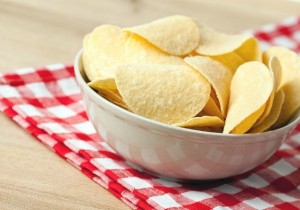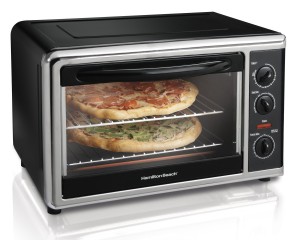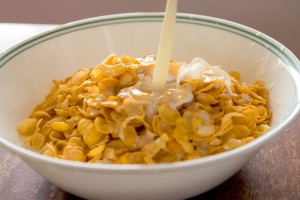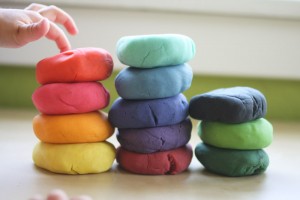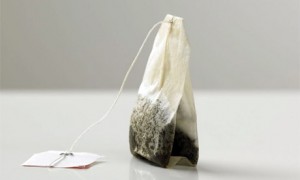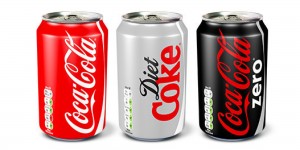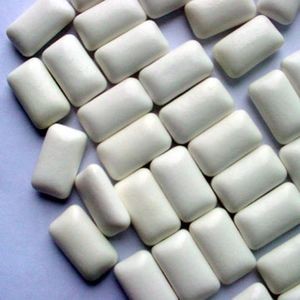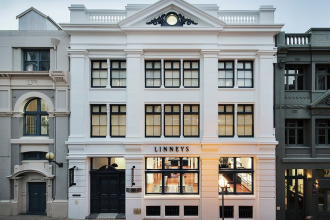It is hard to imagine how the things we use every day were invented. How would anyone have thought about making them even before they were heard of? We hold these people who invented the things we use each day in the highest regard, because no doubt many of mankind’s greatest inventions required years of patience, skill, frustration and research.
But not all of them. So researchers just got plain lucky in the face of their frustrations and mistakes. Actually, quite a few of the things you use every day were created by accident (or grudges). Pray tell, you say? We shall oblige:
Potato chips
Inventor: George Crum, a chef at the Carey Moon Lake House in Saratoga Springs
What he was trying to make: A plate of fried potato.
How it was created: One day a customer sent back his plate of potatoes many times and kept asking for them to be more fried and thinner. Crum lost his temper, sliced the potatoes insanely thin and fried them until they were hard as a rock. To the chef’s surprise, the customer loved them and wanted more!
Microwave ovens
Inventor: Percy Spencer, an engineer with the Raytheon Corporation
What he was trying to make: nothing. It was a radar-related research project with a new vacuum tube.
How it was created: Spencer realized that the candy bar in his pocket began to melt during his experiments. He then put popcorn into the machine, and when it started to pop, he knew he had a revolutionary device on his hands.
Corn Flakes
Inventor(s): The Kellogg brothers, John and Will
What they were trying to make: A pot of boiled grain
How it was created: The brothers accidentally left a pot of boiled grain on the stove for several days. The mixture turned moldy but the product that emerged was dry and thick. Through experimentation they eliminated the mold part and created corn flakes.
Post-it notes
Inventor: Spencer Silver, a researcher in 3M Laboratories
What he was trying to make: A strong adhesive
How it was created: While working away, Silver created an adhesive that was actually weaker than what already existed. It stuck to objects but could be pulled off easily without leaving a mark. Years later a colleague spread the substance on little pieces of paper to mark his place in his choir hymn book, and the idea was born.
Playdough
Inventor(s) : Joseph and Noah McVicker
What was trying to be made: A wallpaper cleaner
How it was created: Composed of flour, water, salt, boric acid, and mineral oil, the product was first manufactured in Cincinnati, Ohio, U.S. When a classroom of children began using the wallpaper cleaner as a modelling compound, the product was reworked and marketed to Cincinnati schools in the mid-1950s.
to Cincinnati schools in the mid-1950s.
Teabags
Inventor: Thomas Sullivan
What was trying to be invented: A fail-proof way to transport tea
How it was created: To market his new product, Sullivan put it in little tea “bags” and attached samples with magazines. The loose tea was intended to be removed from the sample bags by customers, but they found it easier to brew the tea with the tea still enclosed in the porous bags.
Coke
Inventor: Pharmacist John Pemberton
What was trying to be made: A medical remedy for his headaches
How it was created: John basically dumped together a bunch of ingredients into a kettle, in the process creating a recipe that still remains a secret today.
Chewing gum
Who invented it: Thomas Adams
What was trying to be made: create a rubber replacement out of natural latex
How was it created: Overwhelmed with frustration that his attempts to were unsuccessful, Thomas Adams put a piece in his mouth and noticed the flexible material was surprisingly very enjoyable to chew on. He began adding flavors and by 1888, the name “chewing gum” was coined.
In a gist, every mistake may turn into a genius opportunity, just as long as we keep our eyes and minds open! As for these products, as long as they were invented, who are we to complain?


